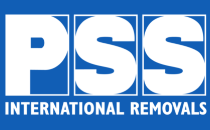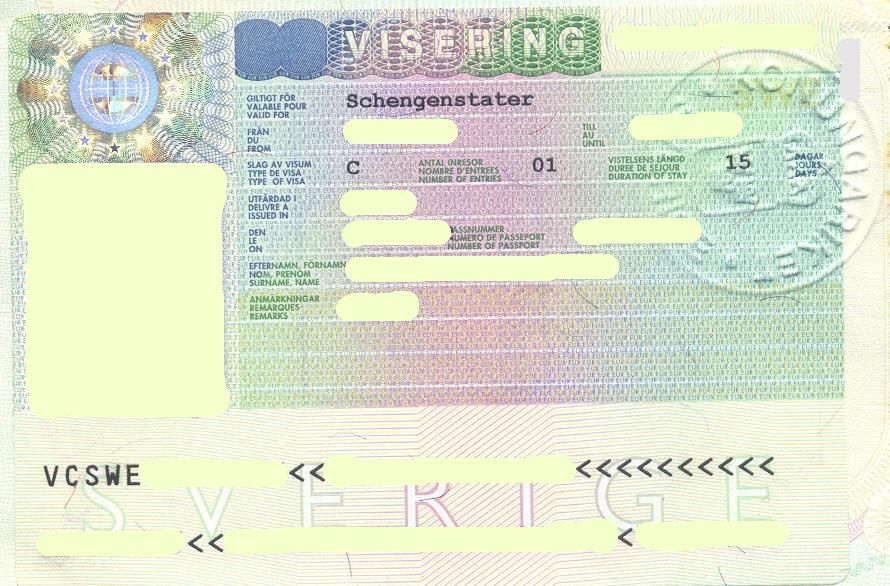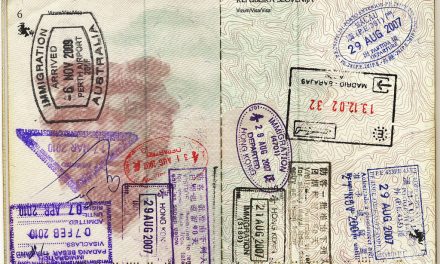So you’ve decided that you’d like to live abroad. You’ve researched your chosen destination, considered the various foreign health services on offer, your long-term financial requirements, set-up a consultancy session with an independent legal professional, looked into recruiting a specialist international removals company, enquired into taxes and properties to rent and notified the Social Security Office. But there’s still one key thing you’ve forgotten about isn’t there?
How do you get a Visa and which Visa is right for you?
You might be planning on temporarily working abroad or even considering a more permanent move with your family? Whether this might be to Australia, New Zealand, Canada, South Africa, USA, UAE or elsewhere in Europe, start by researching early to avoid running afoul of entry requirements that often ruin the plans of even the most experienced travellers. You can never be too prepared when you move abroad because if you don’t have all of the necessary arrangements in place, you could find yourself deported or even going to jail. The following advice will help ensure that you plan efficiently before your departure but by working with an international removals company such as PSS International Removals, we can put you in touch with our specialist Visa partners who will guide you through the tricky business of application which is a critical part of any relocation. You will find that your Visa process will be greatly improved by obtaining a job offer and we work closely with a number of Visa specialist partners who can guide you through this complex process and ensure a successful migration to your chosen country.
Make sure that your passport is valid for at least the next few years. Many countries often refuse entry to travellers whose passports are nearing expiration and always remember to check it’s physical condition. If it’s ripped or torn, you may be rejected at the border, so make sure you replace it before you go.
Always research into the necessary documentation needed to accompany your Visa application. The government’s website and those of individual countries’ embassies and consulates usually list the relevant information. Typical requirements include proof of arriving and departing flights; confirmation of hotel reservation and a current bank statement that shows you have the basic funds in place necessary for the move. Always call to confirm that the information on the website is up to date and whether the processing fee has increased or not.
Always research your chosen country in advance. This will also alert you to any special requirements or processing quirks that you might encounter. For example, visitors to South Africa might be turned away if they don’t have two consecutive blank pages in their passports but if you’re moving to Brazil, your visa application must be processed before leaving and several countries that don’t require a Visa do impose a ‘reciprocity fee’, so make sure you’re informed about all entry requirements, not just those related to Visas.
Looking at the Visa application process in more detail and taking a typical move to Australia as an example, if you might need a Visa for your family, family sponsored applicants are usually assessed on an individual basis against Australia’s health and character requirements. Applicants must be sponsored or nominated by a close family member living in Australia and the sponsor must be either an Australian citizen, permanent resident or eligible New Zealand citizen, and would usually be 18 years of age or older. Assurance of support and payment of bond is also required for certain Visas.
All family Visas are classified as ‘family stream’ and enable Australian permanent residence and citizens to bring together other family members living outside of the country. The Australian government also facilitates option for parents, husband/wife, children and other family members and their ‘Partner category’ applications apply to married, engaged and defacto couples. In some countries, common sex partners are allowed and this Visa scheme allows them too however, applicants must cite this when they are consulting with their immigration consultant. Finally, the parent visa category is for those parents who have children settled in Australia as an Australian citizen or permanent resident. For those applying for a general business visa in Australia, this visa provides business people the opportunity of investing or establishing and managing a business with their family. Visa applications are typically divided up into 3 categories – ‘Business Owner Investor Visa’, ‘Senior Executive Visa’ and ‘Business Talent Visa’.
Once all of you’re Visa paperwork has been approved and your all ready to go, don’t forget to check your airline’s rules, especially when you’re moving to a country that allows you to obtain your Visa on arrival. Airline policies often differ from published requirements based on the specific experiences in the destination country. That’s because the airline can be fined heavily if it transports passengers who do not have their paperwork in order. Airlines these days often face very high penalty fees, tens of thousands of dollars, so they’re not going to board the traveller if there’s a risk of being denied admission into the country.






